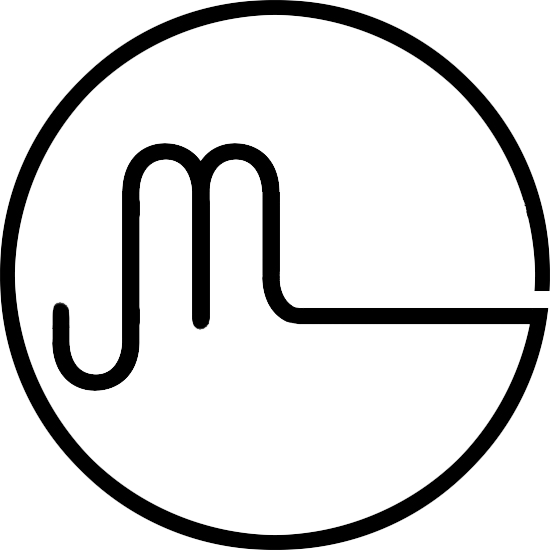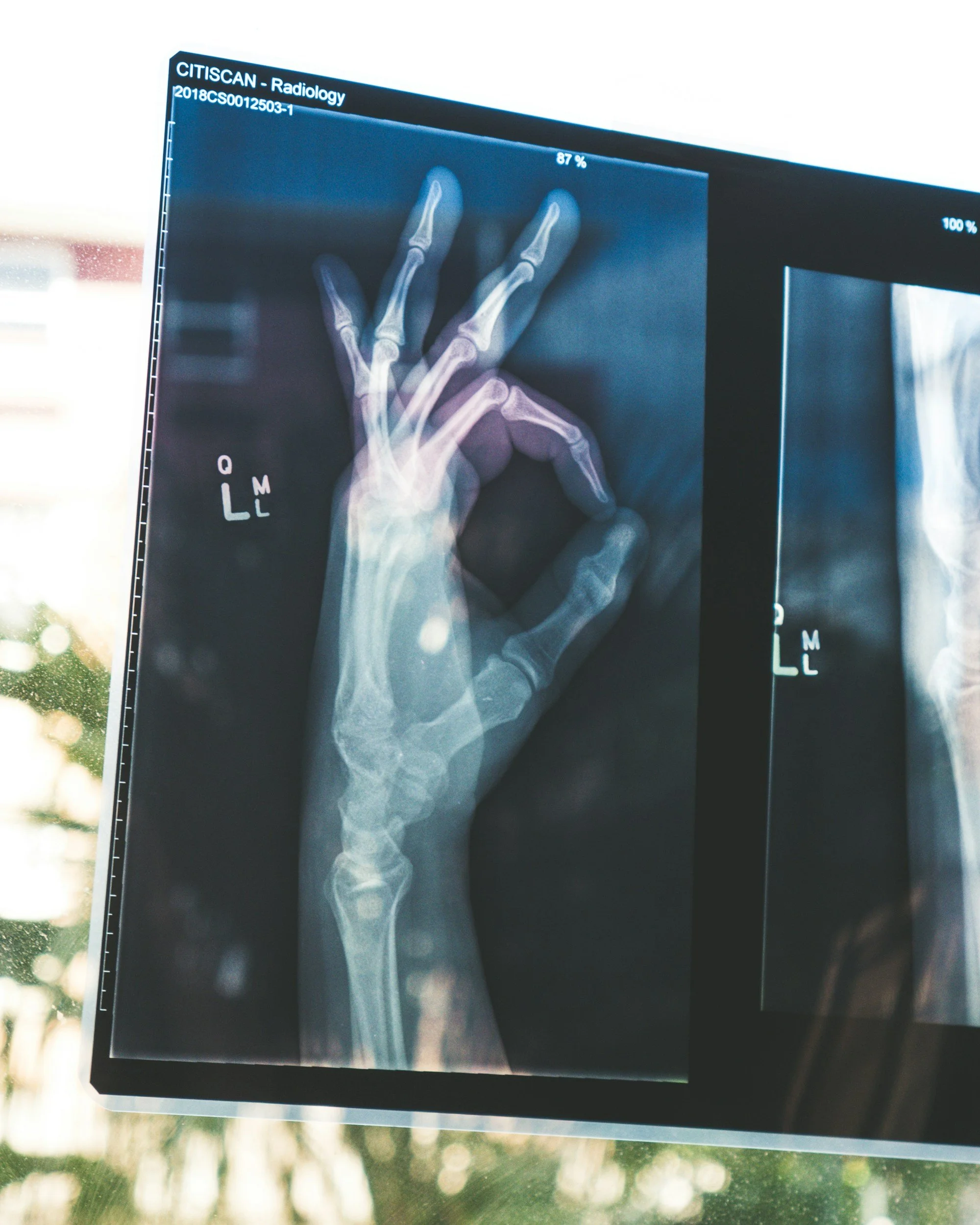“A student of life must take in each part of the body and study its uses and relations to other parts and systems.”
Dr Andrew Taylor Still, founder of osteopathy
The Importance of Impact-Exercise in Bone Health
Explore how impact-based exercise and lifestyle choices can build bone mass, improve joint health, and help prevent or reverse osteoporosis.
Is One Leg Really Longer Than the Other? Understanding Sacral Base Unlevelling and Leg Length Discrepancy
Many people worry that one of their legs is longer than the other. This article explores sacral base unlevelling, a condition that can make legs appear uneven, and discusses the possibility of true leg length discrepancies. We detail how osteopathic treatments can address sacral base unlevelling and provide guidance on diagnosing and managing actual leg length differences, including the use of shoe inserts and heel lifts. Understand the causes, treatments, and solutions to maintain balance and alleviate discomfort effectively.
Understanding Patellofemoral Syndrome: Causes, Symptoms, and Osteopathic Management
Patellofemoral syndrome, also known as "runner's knee," is a common condition characterized by anterior knee pain. This comprehensive article delves into the multifactorial causes of PFS, such as overuse, malalignment, muscular imbalances, structural abnormalities, and trauma. Symptoms typically include pain during activities like running, squatting, and prolonged sitting. Osteopathic treatment offers a holistic approach to managing PFS through activity modification, manual techniques to correct malalignment, strengthening and stretching exercises, and addressing structural abnormalities. The article emphasizes the importance of preventive strategies and regular osteopathic assessments to maintain knee health and prevent recurrence.
Understanding Tonic and Clonic Muscles: Differences, Care, and Implications of Neglect
This article delves into the distinctions between tonic and clonic muscles, emphasizing their respective roles in maintaining posture and facilitating rapid movements. It provides comprehensive guidelines on how to care for these muscle types through targeted exercises, stretching, and adequate recovery. The article also highlights the consequences of neglect, which can lead to poor posture, chronic pain, muscle weakness, and impaired functional performance. By understanding and caring for both tonic and clonic muscles, individuals can enhance their overall muscular health and reduce the risk of injuries.
Understanding Heel Bursitis
Learn about heel bursitis, its causes, challenges, and effective treatments including physical therapy, osteopathic treatment, and natural remedies. Discover how to manage and heal heel bursitis naturally and effectively.





